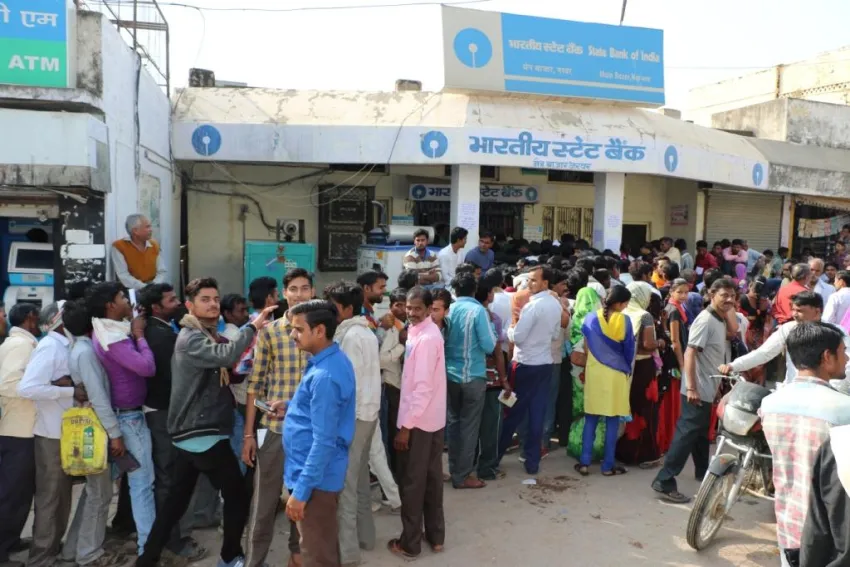
Can Indian banks weather the last wave of bad loan resolution?
Profitability is set to suffer but cleaner balance sheets will produce benefits in the long-run.
Indian banks are set to suffer declining profits in the coming quarters following a widespread reform spearheaded by the central bank to recognise problematic assets more accurately which adds to a growing list of woes plaguing the local banking sector, according to Moody’s.
Under the new rules for bad debt resolution that the Reserve Bank of India implemented in March 2018, banks can no longer resort to various loan restructuring schemes to delay the recognition of non-performing loans (NPLs).
Banks in the country still hold large volumes of restructured loans a large share of which is set to become NPLs in the coming quarters following the reclassification. Bad loan ratios will rise in the near term but will eventually stabilise and taper off in the future.
Also read: Bad debt burden delays Basel III adoption in Indian banks
"Increased provisioning will hurt the banks' profitability, and weaker public sector banks in particular will continue to report losses in the next fiscal year, adding pressure on their capital ratios," said Moody's Vice President and Senior Analyst Alka Anbarasu.
Also read: Indian banks are facing another massive cash crunch
However, the reforms are lauded as a long-term positive development for Indian banks which have been wracked by one scandal after another, putting trust in the financial institutions at an all time low.
"Whilst this push will increase the already-high non-performing loan (NPL) ratios and provisioning burdens for India's banks, and strain their profitability in the near term, cleaner balance sheets in the long run will be credit positive for the sector," said Anbarasu.






![Lorem Ipsum [ABF 1]](https://cmg-qa.s3.ap-southeast-1.amazonaws.com/s3fs-public/styles/exclusive_featured_article/public/2025-03/a_hand_pointing_to_a_futuristic_technology_5b87c9d0e3_1.png.webp?itok=2w0y1WhS)


![Cross Domain [Manu + SBR + ABF + ABR + FMCG + HBR + ]](https://cmg-qa.s3.ap-southeast-1.amazonaws.com/s3fs-public/styles/exclusive_featured_article/public/2025-01/earth-3537401_1920_4.jpg.webp?itok=WaRpTJwE)








 Advertise
Advertise

